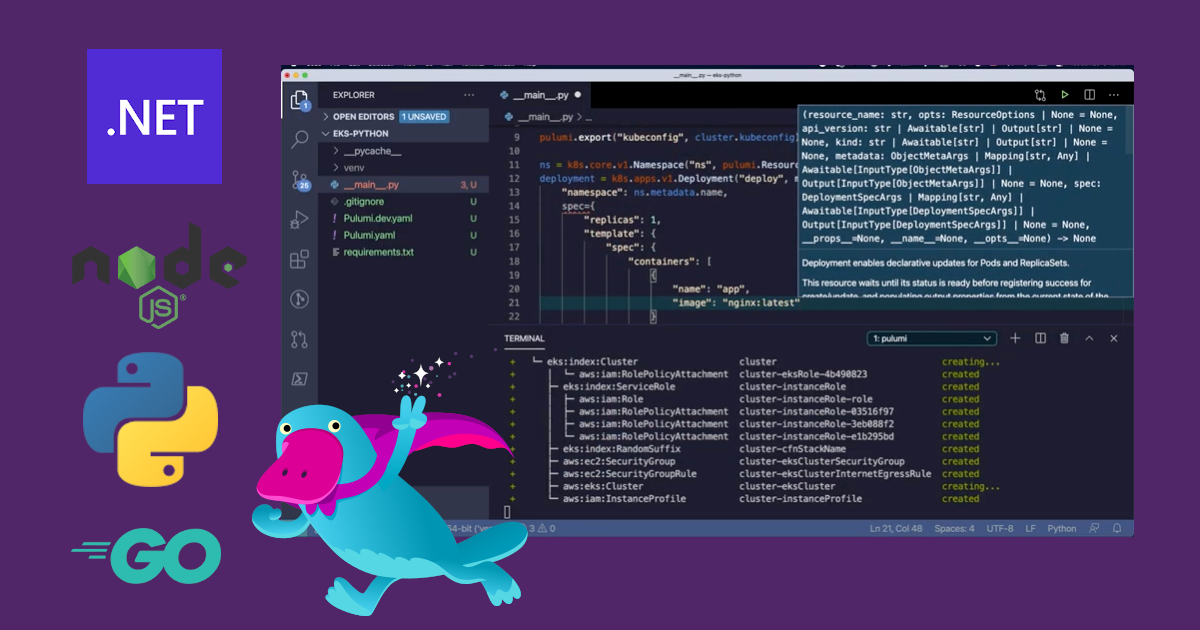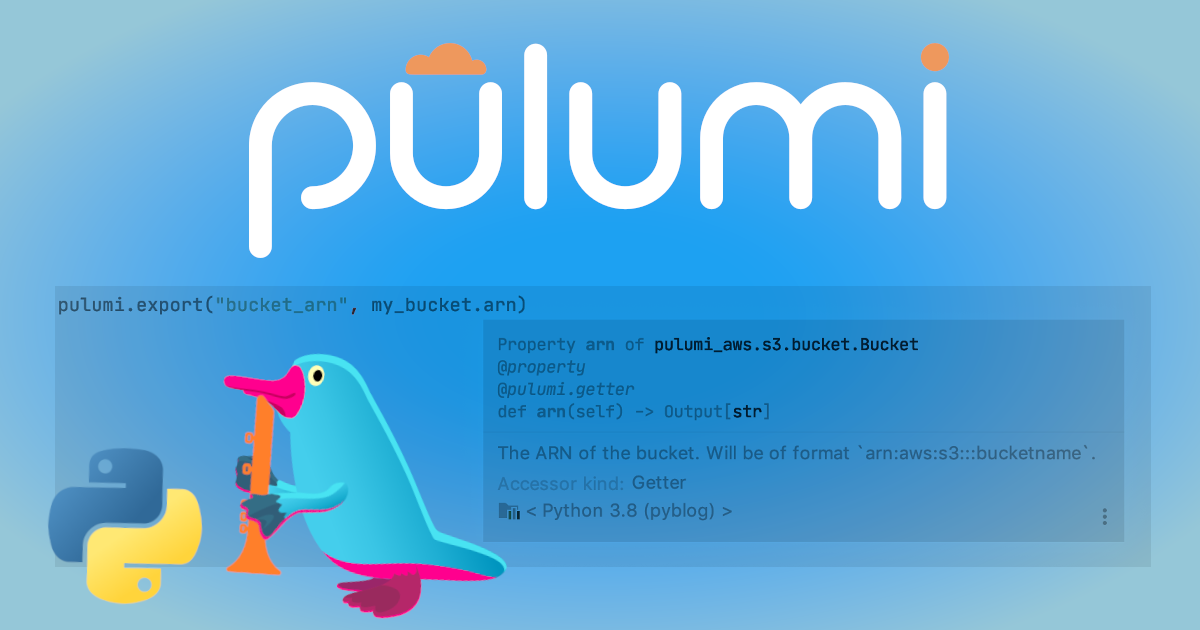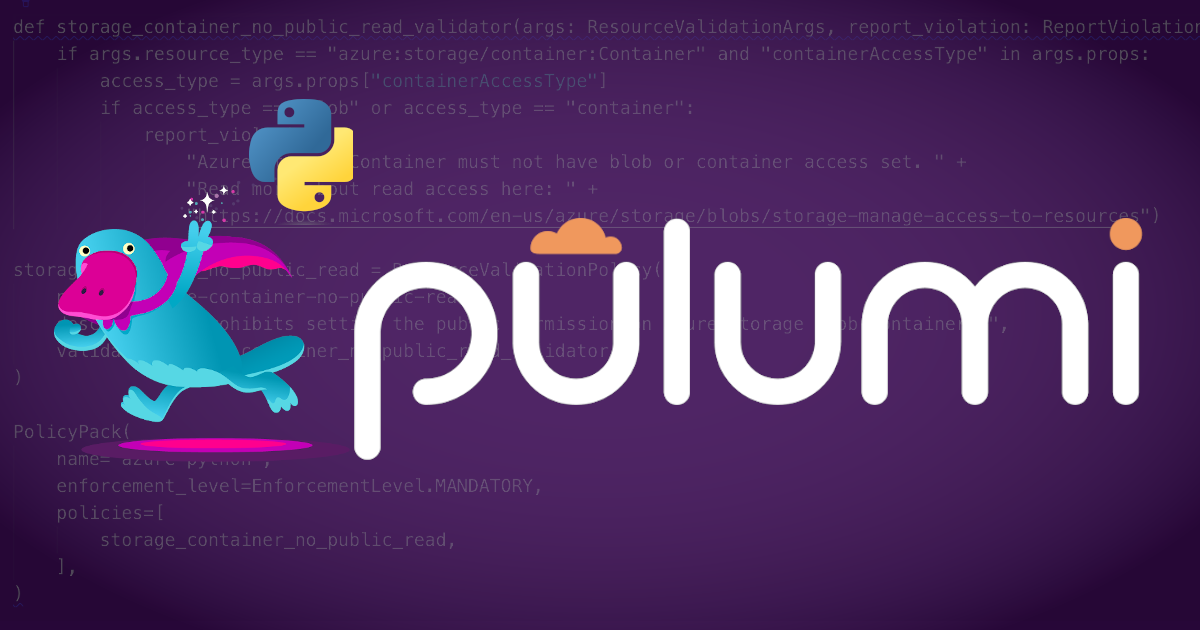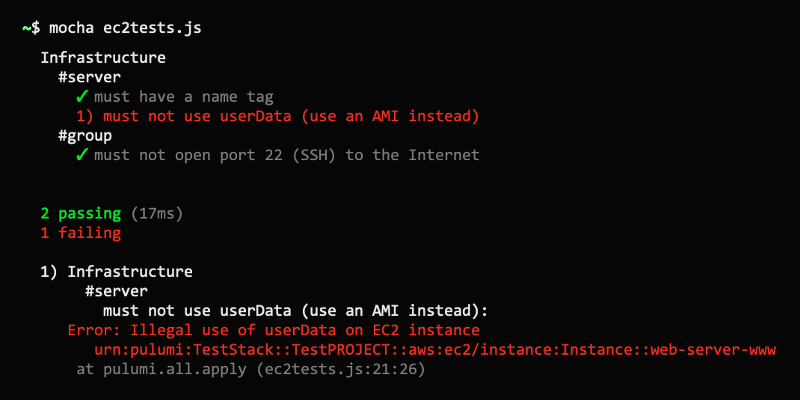Zero Downtime InfluxDB Migration with Pulumi and Aiven
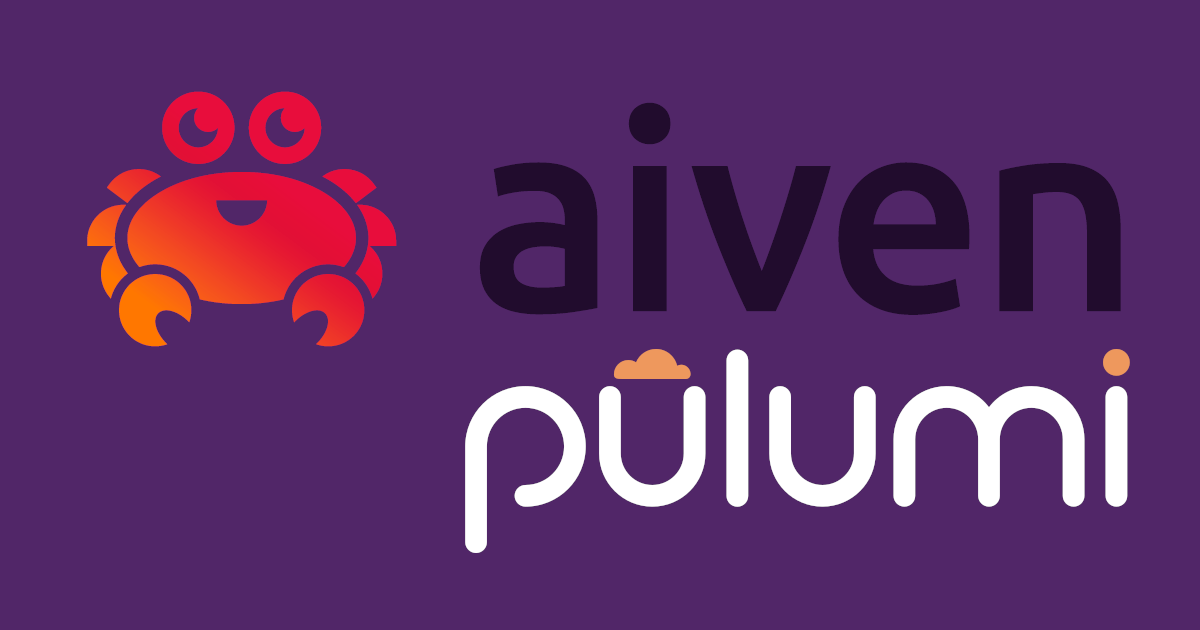
In this article, I’ll show how Pulumi can be used with Aiven’s services to create infrastructure that can be migrated from cloud to cloud with no downtime.
This tutorial will use Python, Pulumi, Grafana, and an AWS Lambda function to simulate recording temperature data in an InfluxDB database.

